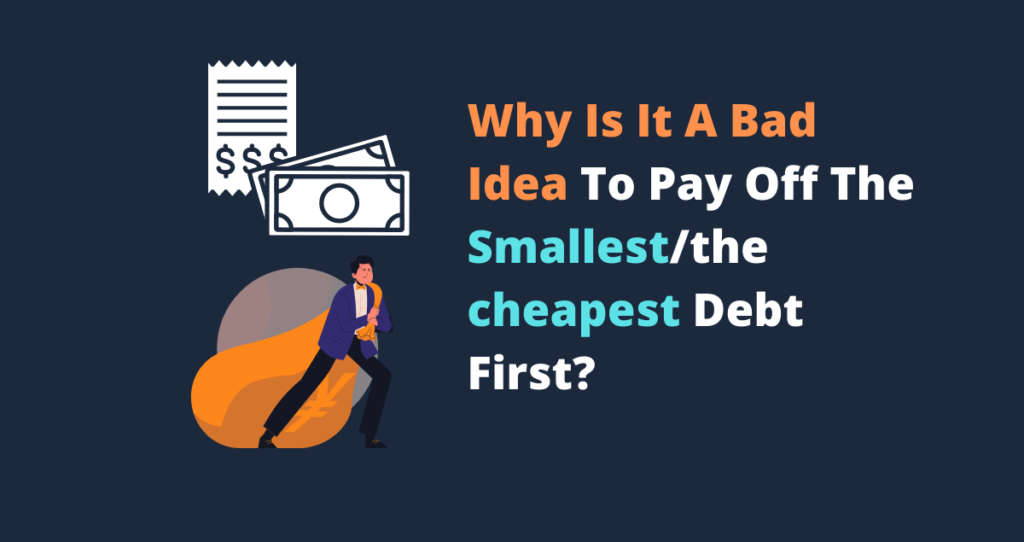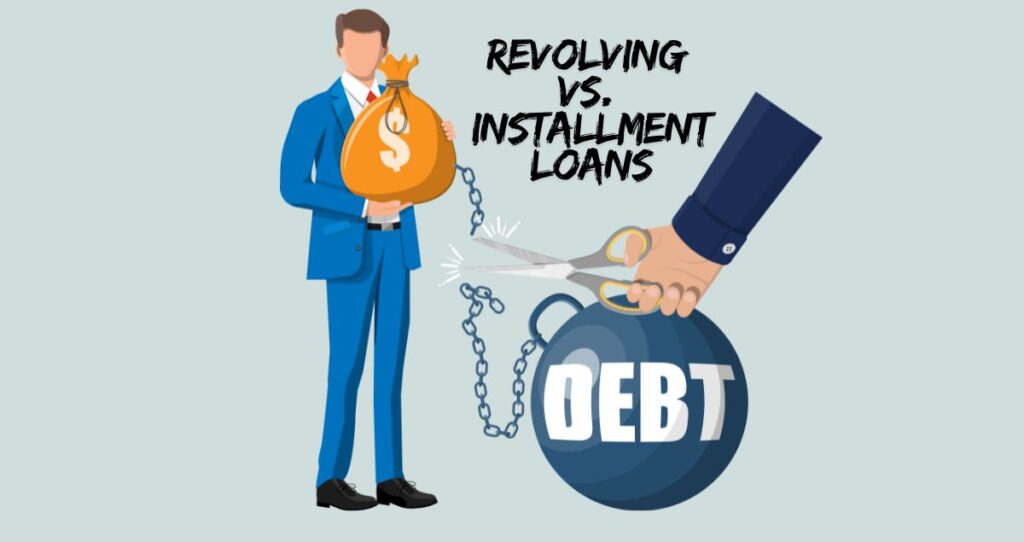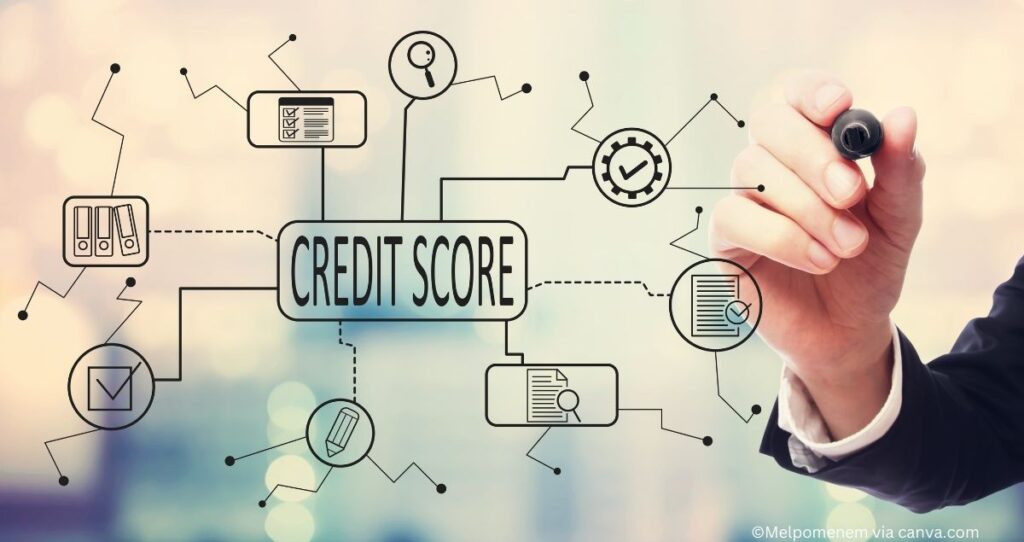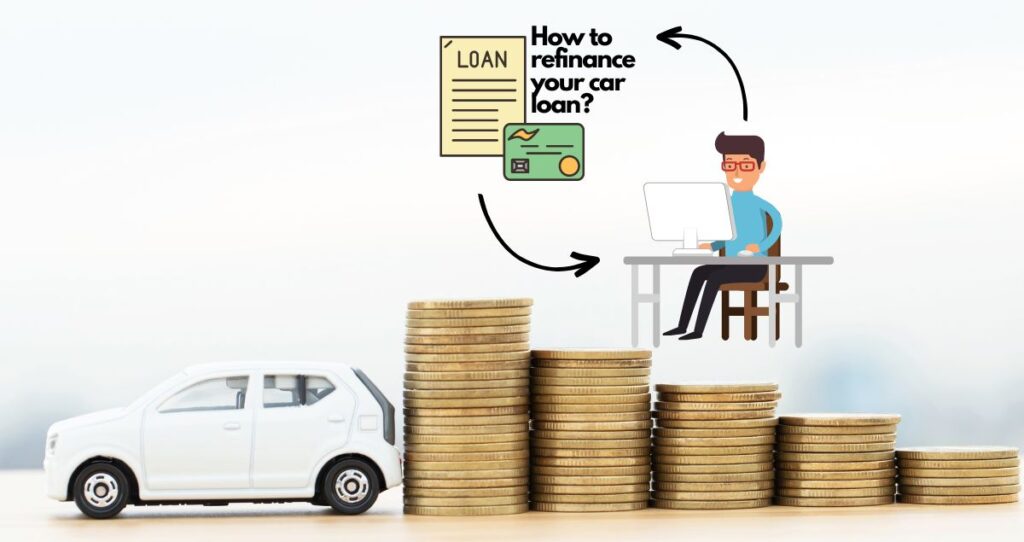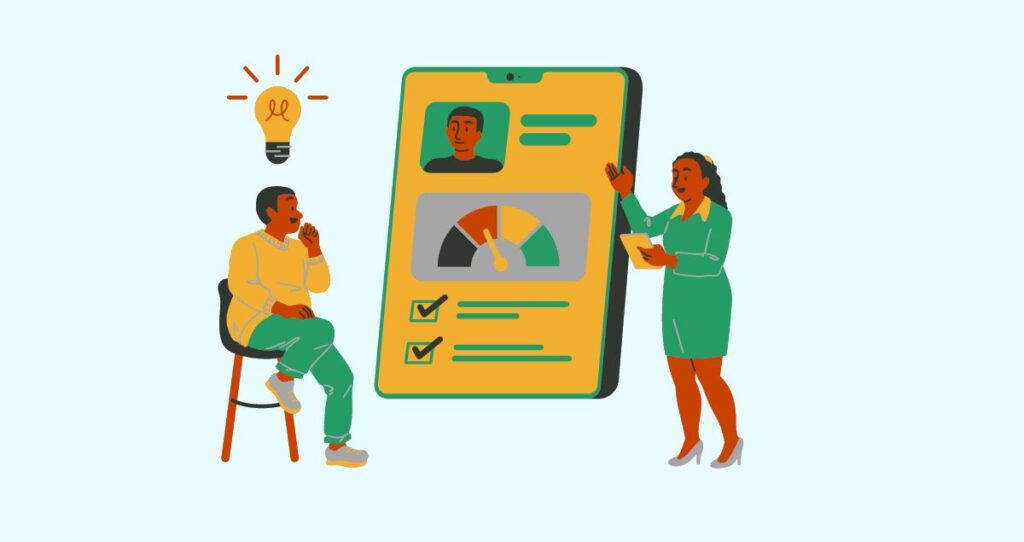A personal loan can be used just for about anything. Common uses of personal loans include debt consolidation, paying off medical bills, financing a home renovation, and paying for weddings and vacations. Personal loans can be secured such as home equity loans or unsecured such as credit card loans. You can get a personal loan from credit unions, banks, and online lenders.
Depending on what you will use the loan for, you will get a loan that is tied to that specific need. For example, if you want to renovate your house, you will get a home improvement loan, home equity line of credit(HELOC), or home equity loan. If you want to travel, you can apply for a travel loan. For emergencies, you can apply for an emergency loan.
Here is everything you need to know about what you can do with a personal loan and what you should not do with it.
What can a personal loan be used for?
If you are facing a financial setback and wondering if you can use a personal loan, you have come to the right place. Typically, a personal loan can be used for any expenses. But, you should not rush to the bank to borrow money simply because you can qualify. You still need to re-evaluate your financial goals and take out a loan only when it makes sense to borrow money.
Here is everything a personal loan can be used for.
You might also like: What is a personal loan and how to qualify?
1. Debt consolidation
A personal loan can be used to consolidate your debts. For example, if you have multiple debts, usually unsecured debts such as credit card debt and personal line of credit with high interest rates, you can consolidate them by getting a personal loan. The loan might come with a lower interest which can save you money in interest charges over the term of your loan.
2. Financing a large purchase
If you are expecting an expensive purchase or costly expense, getting a personal might be your only option. Here are two common expensive purchases/expenses you might need to take out a personal loan for.
- Home Improvement. Home improvement loans are a form of personal loans you can use to finance remodeling projects. For example, if you want to remodel your kitchen, replace a roof, or take care of plumbing and electrical systems updates, getting a personal loan will be a great way to finance these projects. The loan application is usually fast and most loans can wire the money to your account in as little as one week.
- Travel expenses. Personal loans for travel-related expenses are usually known as travel loans. If you are planning to have an expensive travel but don’t have enough cash saved to cover the expenses, you can get a personal loan. While travel loans are not a great way to borrow money, you can still take out a small loan to finance your trip and pay it off slowly over time.
3. Emergency expenses
If you recently got into an emergency such as losing a job, your car broke down, or need to take care of the burial expenses of your loved one, taking out a personal loan might be the only option you have. While there are other forms of loans you can try such as payday loans, crowd-funding, or borrowing through peer-to-peer lending, a personal loan will be much faster and you might qualify for lower interest rates.
You might also like:
4. Wedding expenses
In the past decades, banks were reluctant to give out personal loans for weddings. But, economic changes made it impossible to afford weddings without borrowing money. Banks also found opportunities to lend money to newlyweds to help them cover their wedding expenses. While it is not recommended to take out a personal loan for a wedding, many people are doing it, especially new generations who have little to nothing saved.
5. Expensive medical bills
One of the biggest expenses you will encounter is a medical bill. Medical expenses have become unaffordable for millions of people to a level where getting sick is a nightmare financially. You can easily become homeless due to a medical bill. If you find yourself facing an expensive medical bill, try getting a personal loan.
Most banks can approve you for a personal loan that can be used to cover expensive dental work, health care costs, and other medical-related charges. Another reason you might need a personal loan to cover medical expenses is when you find yourself facing higher costs due to a medical procedure you had from an out-of-network provider.
6. You can use a personal loan to refinance your loan
Refinancing is a great way to lower the interest rate on your existing debt and qualify for better terms. When you refinance a loan, you replace your existing loan with another one that has better terms and usually a lower interest rate. For example, if you took out a loan when rates were 8% and now they are 3.5%, a personal loan can be used to refinance your debt to take advantage of lower rates.
By refinancing, you will lower the interest on your existing debt which will lower your monthly payment and potentially lower the interest charges on your loan.
Related posts:
- How to refinance your car loan?
- How to refinance your student loan: Easy guide
- How to refinance a mortgage?
What to look for in a personal loan
If you are looking for a personal loan to finance your project, here are a few things to look for in a personal loan.
- Interest rate. The interest rate determines how much it costs you to borrow the principal amount. The APR represents the total cost of borrowing the money including fees. You need to aim for a below-average interest rate on your loan to lower the cost of the loan.
- Fees. If your loan has a lot of fees, it will be difficult to pay it off and close the loan unless you have a lot of savings. Always look for loans with fewer fees. Fees are usually packaged as closing fees which include origination fees.
- Monthly payments. Typically, a personal loan is paid off in equal installments for the duration of the loan. If you need flexibility in payment structure, look for a loan that allows longer terms or shorter terms depending on your financial situation. For example, if you want to pay off the loan fast, find a lender who is willing to lower your loan terms.
- Terms. The terms of the loan indicate the timeline of the loan. The longer the term, the lower your monthly payment but the more money it will cost you in interest charges. Shorter terms, on the other hand, mean your monthly payment will be higher. But, you will save money on interest charges.
- Loan amount. You need to find a lender who is willing to lend you the full amount you need with better terms and lower interest rates.
- Customer services. Even if you are a financially responsible individual, there are times you might need to reach out to your lender. For this reason, you need to find a personal loan from a lender with great customer service. Checking online reviews is a great place to start.
You might also like: 13 things to do if you get denied a personal loan
Things you might not qualify to use a personal loan for
While you could qualify for a personal loan for any expense, there are expenses you might not qualify for a personal loan for. Here are the top 4 things a personal loan might not cover.
Do not take out a personal loan to invest
No lender will give you a personal loan for investment purposes. You could get a personal loan to cover asset purchases such as buying a tractor for farmers, but you might qualify for a loan solely for investing. Investing comes with a lot of risk and banks know this better than you. The other thing is that most investments return about 10% on average while your loan can cost you as high as 30%.
The point here is that no investment product will consistently return as much as you will be paying interest charges. For this reason, taking out a personal loan to invest does not make financial sense and banks will not give you the money.
You might also like:
- How to invest when you are poor with 11 simple strategies
- How to invest without losing money: Investing guide for newbies
- 15 ways to become rich without investing in real estate
College tuition
Due to the lower repayment period, most lenders do not offer personal loans to pay off tuition. If you are looking to finance your education, you might need to try private and public student loans as they come with lower interest rates and longer terms compared to personal loans.
Home purchase down payment
Most lenders will not approve your loan application if you intend to use it for a home down payment. When you are taking out a mortgage, the lender will more likely require a 20% down payment. Your lender will also approve your application based on many factors such as credit score, Debt to income(DTI) ratio, and your income.
By using a personal loan to cover your down payment, your DTI ratio will suffer due to increasing the amount of debt you carry. If you are buying a house but do not have enough down payment, look into down payment assistance programs or take advantage of first-time home buy programs if you qualify.
Related post: How to save for a down payment?
Paying for living expenses
If you are low on cash, borrowing money to pay for your living expenses will not be a great way to handle your situation. Lenders also approve your loan application on the basis that you can pay it back with interest. So, if you don’t have enough money coming in, you will not have enough to pay back the loan. For this reason, lenders will not approve your loan application. The best thing to do is to move in with your friends or loved ones for a while to get back on your feet.
Starting a business
Personal loans are not ideal for starting a business. Typically, personal loans come with high-interest rates that can reach as high as 36%. Taking out such an expensive loan is not a great way to finance a start-up or an existing small business. Most lenders don’t even offer personal loans for business purposes.
If you want a business loan, try a small business loan offered through the Small Business Administration(SBA).
Things you should never get a personal loan for
- Wedding. If you are getting married but do not have enough cash to cover your wedding expenses, you are either stretching your finances too much or are not supposed to be having a wedding in the first place. You can take care of this matter by having a small wedding or postpone the wedding until you have saved enough money to cover all the wedding expenses. Paying 30% interest to please people is not a great way to borrow money.
- Taking a vacation. Borrowing money to take care of your vacation expenses is not a smart way to borrow money. Unless you encounter an emergency travel requirement, you should never borrow money to travel for leisure. Such a financial move is like throwing the money down the drain but still having to pay it off with a high interest.
- Starting a business. Although most lenders will not give you a personal loan to start a business, it would be a mistake to take the money in case you qualify. This is because these loans come with higher interest rates and your business might not survive because all the money you make will be used to pay interest instead of strengthening and expanding the business or improving your products and services.
- Throwing a party. Never borrow money and throw it away at a party. Partying falls into the same category as weddings. But, whether it is a wedding or a party, you should never take out loans for these expenses.
Where can I get a personal loan?
Almost every bank, credit union, and online loan company can give you a personal loan. If you want to take out a personal loan from online providers, start with LendingPoint, Avant, Upstart, and Universal Credit. There are many other providers online including banks such as Discover, Wells Fargo, Citibank, PNC Bank, etc. So, shopping around for a provider with the lowest interest and better terms will be a great way to get started with your loan search.
How much can I borrow in personal loans?
Personal loans are usually small and they come with shorter terms such as 5 to 10 years. The amount you can borrow will depend on the nature of your project, the lender, and your credit rating. Typically, most lenders can approve you anywhere between $1,000 and $50,000. While it is possible to qualify for as much as $100,000, you will need to have a great income, an excellent credit score, and a lower DTI ratio to qualify for that kind of money.

